Sydney, MINA – The halal food industry will become a major market force in the near future based on four prevalent trends, according to economists.
The halal marketplace is emerging as one of the fastest growing segments of the world food business today. The global halal food market is now worth an estimated $667 million, representing close to 20 percent of the entire global food industry. It is anticipated to reach $2.55 trillion by 2024, as quoted by UNA.
According to economists, the halal food industry will become a significant market force in the near future based on four common trends. Firstly, Islam is now the fastest growing religion in the world thus fueling global demand for halal products.
The annual growth in consumption of halal food is estimated at 16 percent. Muslims represent an estimated 23 percent of the global population or about 1.8 billion consumers with an average growth rate of 3 percent per annum. If this growth trend continues, Muslims are expected to make up about 26 percent of the world’s total projected population of 2.2 billion in 2030.
Also Read: Packaging Industry Supports Halal Ecosystem
Secondly, the increasing trend of consuming halal food products for ethical and safety reasons by non-Muslim consumers. Halal products are gaining wider recognition not only due to meeting Sharia requirements, but also hygiene, sanitation, and safety aspects.
The third is the rising halal consumer power as a market force in tandem with the growth of the Muslim population and their increasing disposable income. Finally, there is greater awareness among Muslims on the need and necessity to consume only halal food.
The Middle East and GCC halal market
The Middle East imports about 90 percent of the beef and lamb it consumes. The total imports of this red meat and red meat products were estimated at $5.1 billion. In tandem with the expected rise in the region’s population by 40 percent by 2030, the consumption of food in the Middle East may well reach 51 million tons by 2020 to record annual average growth of 4.6 percent.
Also Read: 7th World Halal Summit Held in Istanbul
The GCC’s halal sector is now worth $50 billion. The region’s annual food imports are expected to double from $25.8 billion in 2010 to $53 billion in 2020 with total imports of halal meat exceeding 1 million metric tons on an annual basis. The UAE alone has a Dh69 billion halal food industry.
The Australia Halal mark
Australia, with a local Muslim population of about half a million, has become a world leader in the processing and production of halal meat and meat products. The continent is a long trusted supplier of Halal Beef and Lamb to over 100 countries in the world, including the Middle East.
Australia has one of the strictest Halal Programs in the world. The Australian Government Authorized Halal Program (AGAHP) is undertaken in collaboration with the Australian government’s Department of Agriculture & Water Resources, and Australian Islamic Organizations. Together they enforce the best practices of production standards, which have contributed to the worldwide recognition that Australia’s Halal program is amongst the most rigorously enforced Halal system in the world.
Also Read: Halal Tourism Pays Attention to Tourist Comfort
The country has invested millions of dollars in research and development in meat science and understands that healthy, well fed and stress-free livestock produce the best quality meat for all consumers to enjoy. One of the essential Halal requirements is that animals are treated their entire life correctly and that they have easy access to food and water and are free to roam. Australia, with its natural environment and world’s highest animal welfare standards, easily meets these requirements.
Additionally, all processing facilities in Australia employ only registered and trained Muslim slaughterhouse workers. All slaughtermen are practicing Islam and comply with their religious slaughter training. They also comply with personal hygiene, operational sanitation, and animal welfare requirements. Slaughter is carried out by sharp knives by sharia principles.
The Halal systems and production facilities are regularly audited by approved Islamic organizations, internal quality assurance systems, Australian government departments and importing country representatives.
The Australian Halal mark is a stamp of integrity and assurance underpinned by the Australian government. The Halal mark also assures consumers that the product has been certified as Halal by a recognized Islamic organization.
Also Read: Sheikh Watteau Supports Philippine Halal Certification Through ISO
This is why the integrity of the Australian Halal system is recognized and appreciated worldwide including all of the GCC countries. Such integrity of the Australian meat processing systems ensures a cycle of trust, from farm to plate, which has allowed Australia to remain a consistent and reliable supplier of lamb and beef to the Middle East.
Master Chef Tarek Ibrahim, the first master chef from the Middle East, in summing up his opinion about Australian halal meat, stated “You can confidently enjoy your food knowing that when you buy Australian Halal Beef and Lamb, you are getting clean, safe and 100 percent guaranteed halal meat.”(R/R04/RS5)
Mi’raj News Agency (MINA)
Also Read: Indonesia-Brunei Discuss Increasing Halal Meat Exports





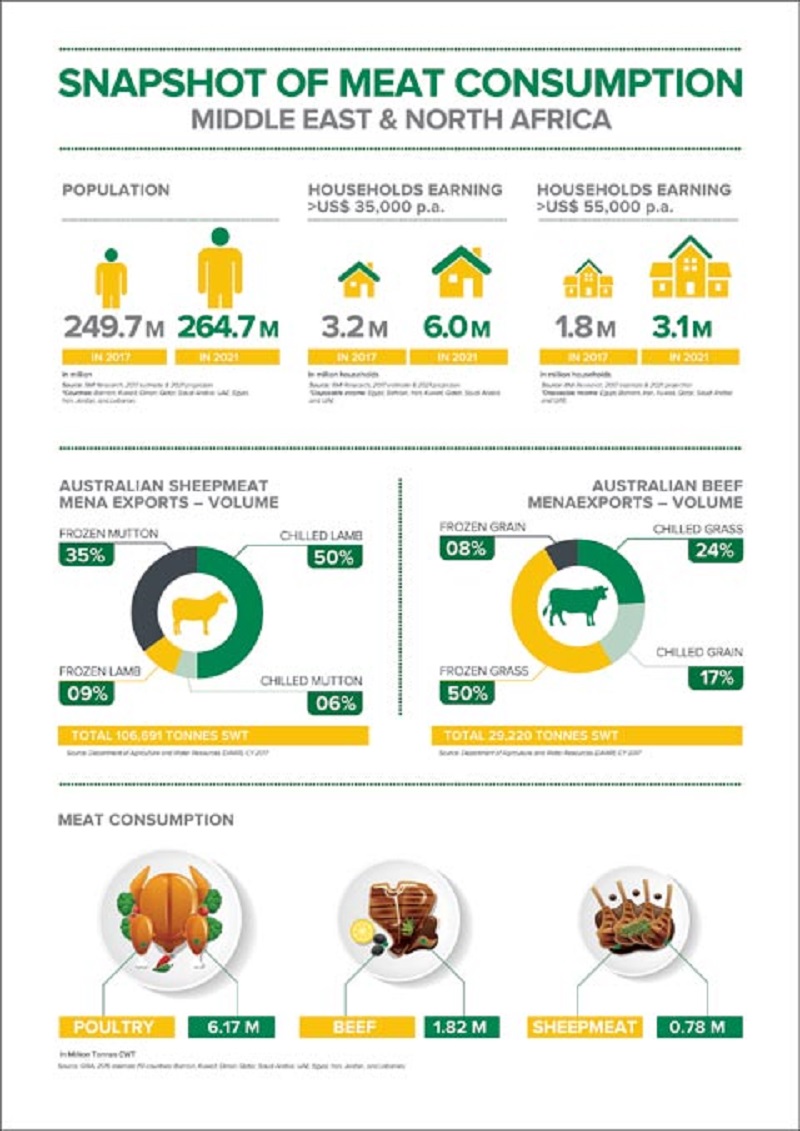


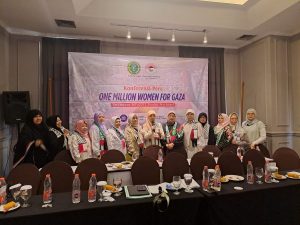



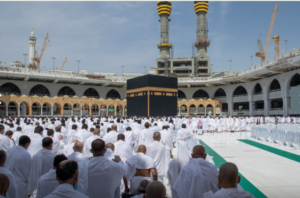
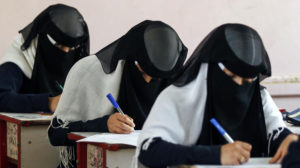
![MUI Chairman for Foreign Relations and International Cooperation, Sudarnoto Abdul Hakim (center) at the One Million Women for Gaza Press Conference entitled "Women Boycott Pro-Israel Products" held at the Swiss-Belinn Cawang Hotel, East Jakarta, Thursday (3/7/2025). [Photo: Arina/MINA]](https://en.minanews.net/wp-content/uploads/2025/07/20250703_144042-scaled-1-300x225.jpg)


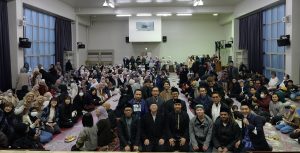

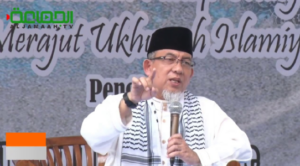








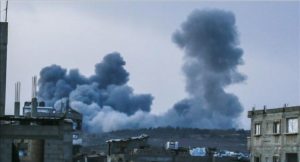

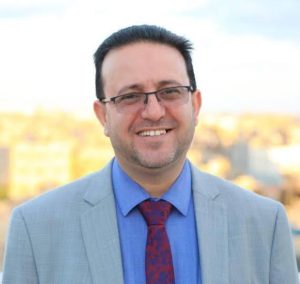



 Mina Indonesia
Mina Indonesia Mina Arabic
Mina Arabic